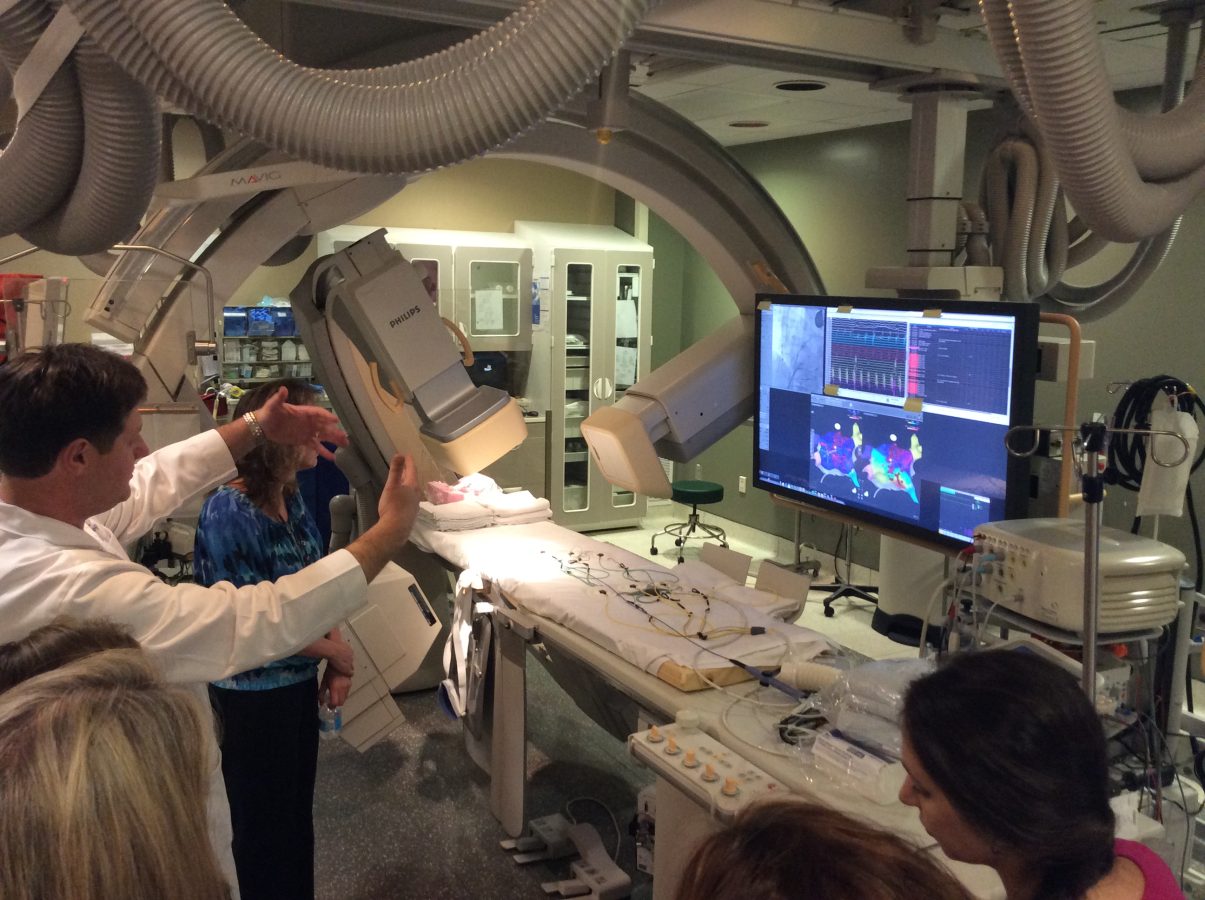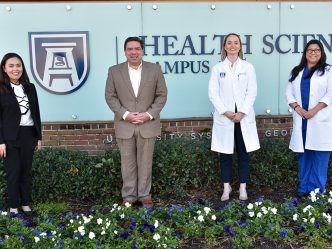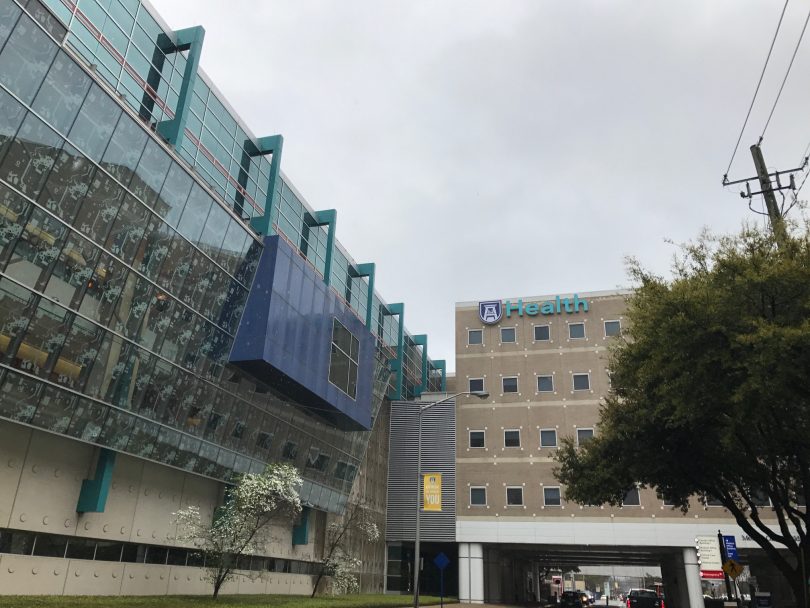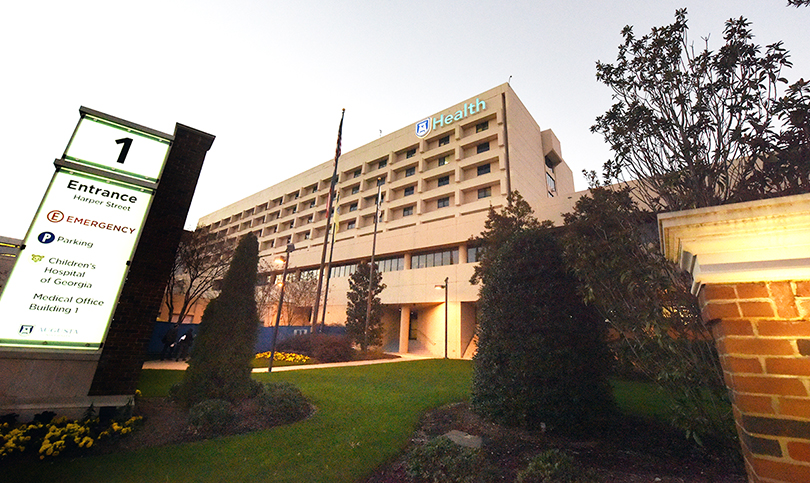When Dr. Robert Sorrentino, Director of Arrhythmia Services, started GRHealth’s Heart Rhythm program 10 years ago, he had one goal: not to fail.
Following almost a 20-year career at Duke University Medical Center, where he honed his medical skills in its world-renowned heart rhythm program, Sorrentino came to Augusta to build a similar program. Like most people setting out on a mission, he had a plan — a five-year plan, to be precise. However, unlike most, he completed it within just three years.
His early days at GRHealth consisted of frequently visiting the telemetry unit — the hospital’s central heart monitoring station, where technicians monitor heart rate and rhythm — scouring the hospital in search of patients with abnormal EKGs. He treated only a handful of patients per week.
Physicians now consult Sorrentino and his specialized team, who care for 20–30 patients per day. They evaluate and treat them with medication, catheter ablation techniques, and implanted heart rhythm devices. Their high patient volume, paired with the well-trained, highly experienced physicians and lab staff, has led to excellent patient outcomes and cost-effectiveness.
Since Sorrentino’s initial goal, he and his team have continued to raise the quality of care and stay on the cutting edge of medicine. GRHealth’s Heart Rhythm program is now a significant driving force in the region and stands among other academic medical centers like Emory — and the origin of his career, Duke. Failure clearly wasn’t an option for Sorrentino and his team, who celebrated his 10 years with GRHealth in January, and his goal has shifted from not failing to not becoming complacent.
“We want to set the bar high in delivering excellent, state-of the-art care for the area,” Sorrentino said. “As an academic medical center, we should be doing that.”
 Augusta University
Augusta University



